The Ulster Farmers’ Union (UFU) has asked the NI Meat Exporters’ Association (NIMEA) to consider implementing a ban on animals persistently infected (PI) with Bovine Viral Diarrhoea (BVD) from entering their premises, effective from the end of March this year.
If agreed, it would leave those herd keepers who retain PIs with very limited options, given that these animals are already subject to individual movement restrictions which currently mean that they cannot be moved off a farm, except to slaughter.
It is understood that NIMEA did not dismiss the idea when it was proposed at a meeting of both organisations earlier this week, and is considering the detail.
Compromise
In the end, it might be seen as a more workable compromise, after NIMEA indicated that it could not support an earlier proposal from the UFU that farmers who retain PIs should be excluded from the NI beef and lamb Farm Quality Assurance Scheme (FQAS).
The point made by processors was that a significant number of farmers are not in FQAS and, as a result, the problem would remain.
However, what the discussions do highlight is a high degree of frustration, both with farmers who continue to retain PIs, and with DAERA, in that it has not slapped movement restrictions on these herds (as happens in the Republic of Ireland). To do that would require new legislation, and without a minister, DAERA officials maintain that it is not possible at present. Sources suggest that new movement restrictions on these herds are at least a year away.
Limited progress
The most recent BVD test results in NI show that only limited progress was made in 2017 with our PI rate of 0.68% little changed from 2016. Unless something is done to remove all PIs, farmers are either faced with the prospect of expensive tissue tagging and testing for many years to come or taking the difficult decision to abandon the scheme now.
Speaking to the Irish Farmers Journal, UFU deputy president Victor Chestnutt described the small number of farmers who retain PI’s as “irresponsible”, pointing out that they are putting neighbours at risk and effectively adding to costs on farms.
“We are determined to eradicate this disease as fast as possible. Our number one objective is to see herd restrictions introduced for any farm retaining PIs, but we have grown extremely frustrated by the political vacuum at Stormont and the lack of enthusiasm from DAERA officials to accelerate progress and eradicate this disease.
This will send a clear market signal to the producers retaining PI cattle that these animals are not wanted
“As a consequence, the industry has taken matters into its own hands. One option is to ask meat processors to stop buying PI cattle born after the compulsory phase of the BVD scheme began (2 March 2016). This will send a clear market signal to the producers retaining PI cattle that these animals are not wanted by the NI cattle sector.
‘‘Our message to politicians and DAERA is clear – once Stormont is up and running again, legislation to restrict herds retaining PIs must be introduced as a priority in order to stamp this disease out once and for all,” said Chestnutt.
Read more
Full coverage: BVD
The Ulster Farmers’ Union (UFU) has asked the NI Meat Exporters’ Association (NIMEA) to consider implementing a ban on animals persistently infected (PI) with Bovine Viral Diarrhoea (BVD) from entering their premises, effective from the end of March this year.
If agreed, it would leave those herd keepers who retain PIs with very limited options, given that these animals are already subject to individual movement restrictions which currently mean that they cannot be moved off a farm, except to slaughter.
It is understood that NIMEA did not dismiss the idea when it was proposed at a meeting of both organisations earlier this week, and is considering the detail.
Compromise
In the end, it might be seen as a more workable compromise, after NIMEA indicated that it could not support an earlier proposal from the UFU that farmers who retain PIs should be excluded from the NI beef and lamb Farm Quality Assurance Scheme (FQAS).
The point made by processors was that a significant number of farmers are not in FQAS and, as a result, the problem would remain.
However, what the discussions do highlight is a high degree of frustration, both with farmers who continue to retain PIs, and with DAERA, in that it has not slapped movement restrictions on these herds (as happens in the Republic of Ireland). To do that would require new legislation, and without a minister, DAERA officials maintain that it is not possible at present. Sources suggest that new movement restrictions on these herds are at least a year away.
Limited progress
The most recent BVD test results in NI show that only limited progress was made in 2017 with our PI rate of 0.68% little changed from 2016. Unless something is done to remove all PIs, farmers are either faced with the prospect of expensive tissue tagging and testing for many years to come or taking the difficult decision to abandon the scheme now.
Speaking to the Irish Farmers Journal, UFU deputy president Victor Chestnutt described the small number of farmers who retain PI’s as “irresponsible”, pointing out that they are putting neighbours at risk and effectively adding to costs on farms.
“We are determined to eradicate this disease as fast as possible. Our number one objective is to see herd restrictions introduced for any farm retaining PIs, but we have grown extremely frustrated by the political vacuum at Stormont and the lack of enthusiasm from DAERA officials to accelerate progress and eradicate this disease.
This will send a clear market signal to the producers retaining PI cattle that these animals are not wanted
“As a consequence, the industry has taken matters into its own hands. One option is to ask meat processors to stop buying PI cattle born after the compulsory phase of the BVD scheme began (2 March 2016). This will send a clear market signal to the producers retaining PI cattle that these animals are not wanted by the NI cattle sector.
‘‘Our message to politicians and DAERA is clear – once Stormont is up and running again, legislation to restrict herds retaining PIs must be introduced as a priority in order to stamp this disease out once and for all,” said Chestnutt.
Read more
Full coverage: BVD




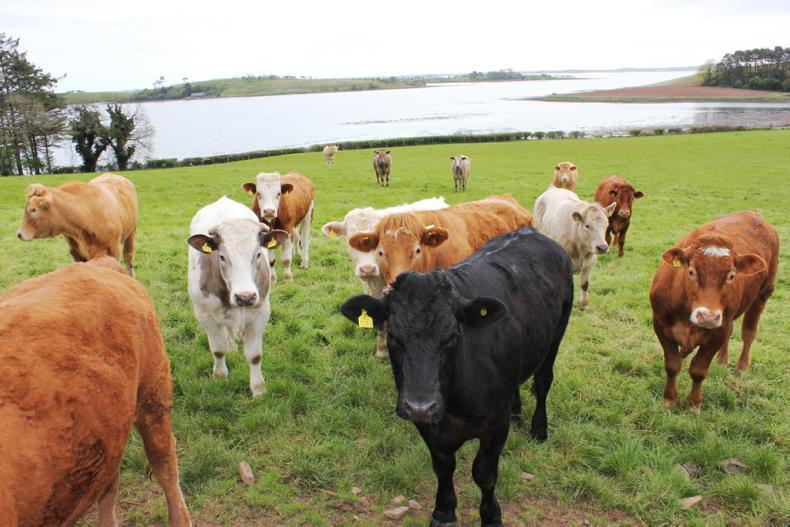
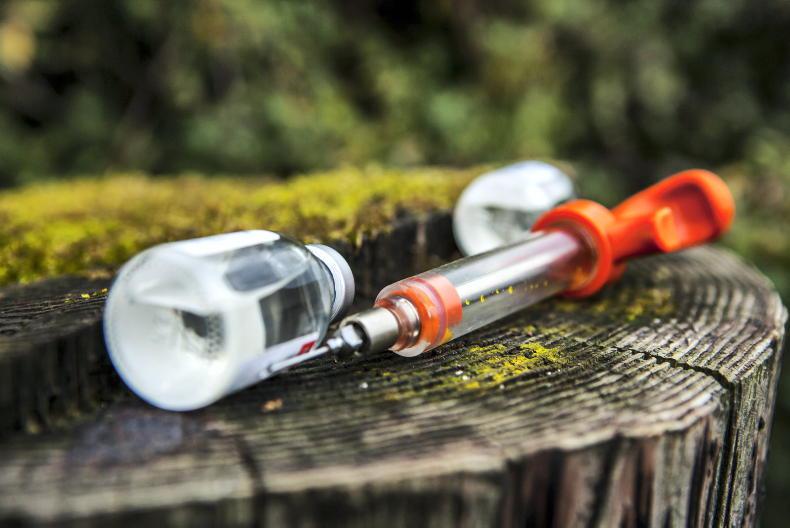

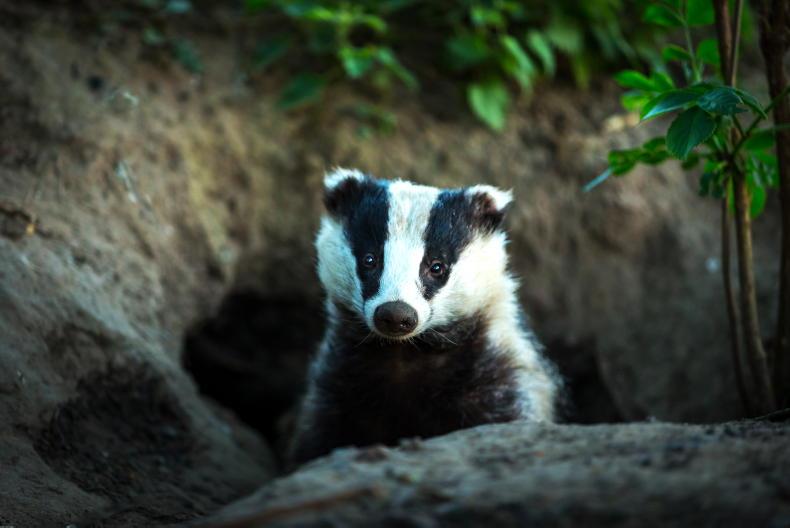
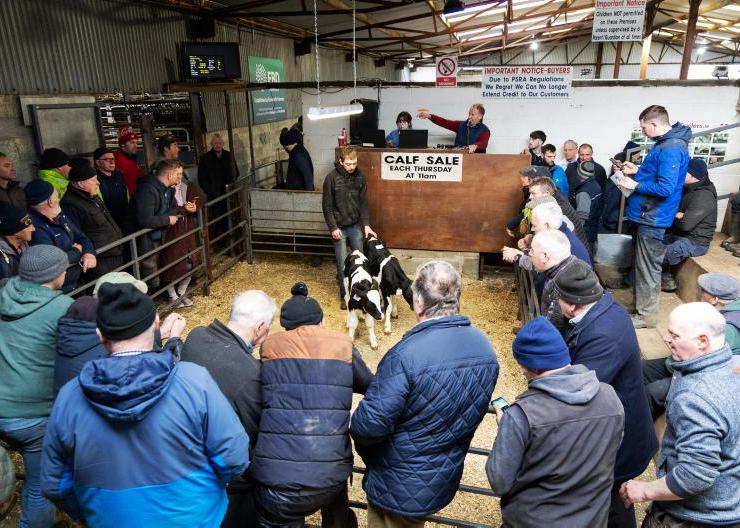
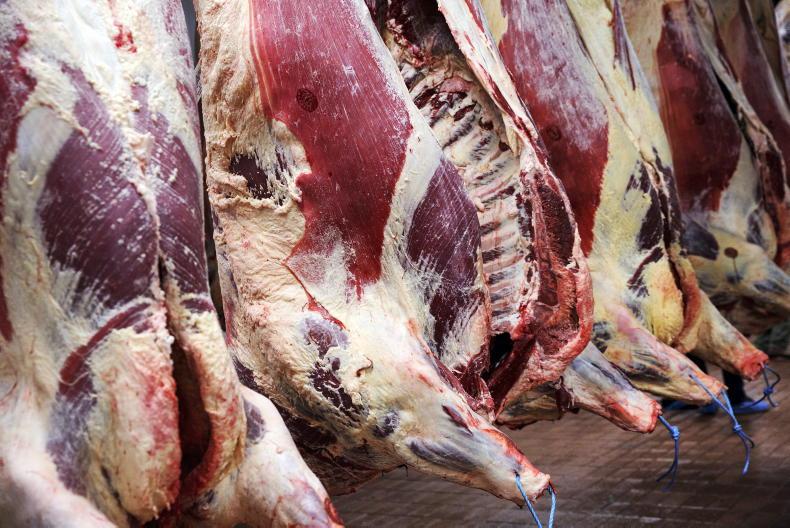
SHARING OPTIONS